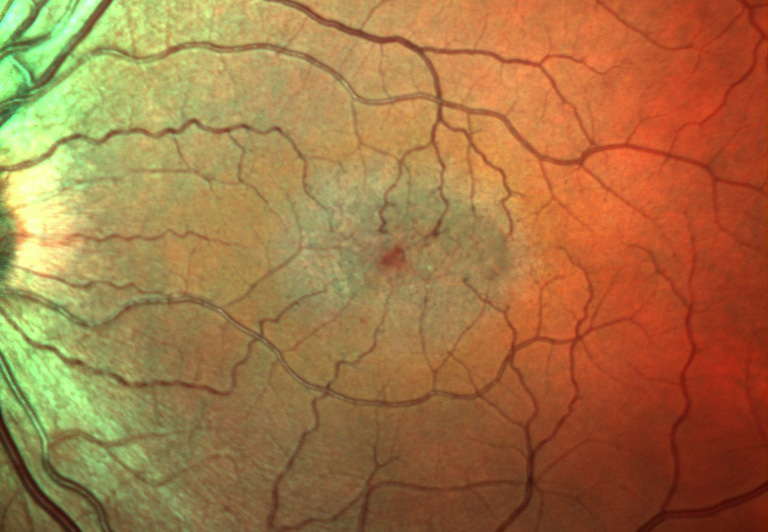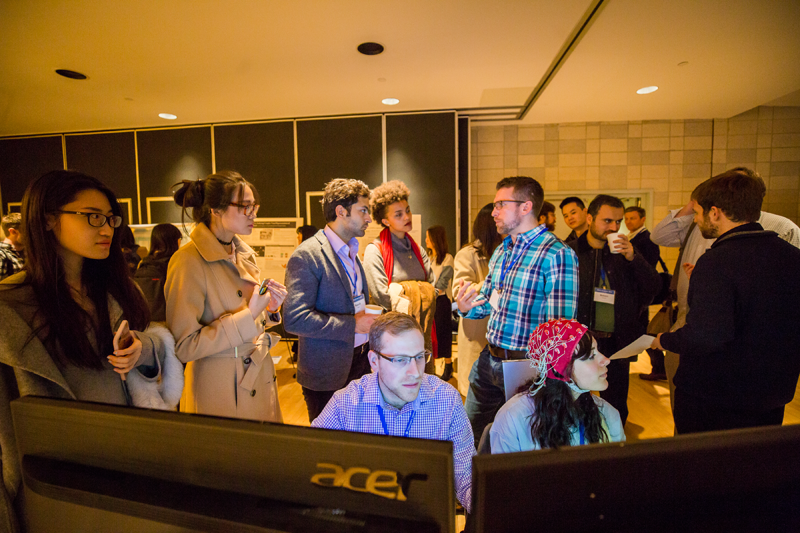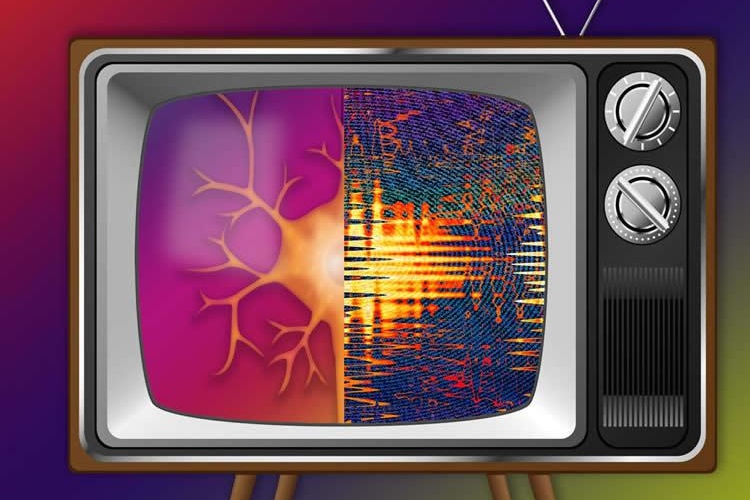April 19, 2017
New Study Uncovers First Genetic Clues to Rare Eye Disease
Genes that cause MacTel–a rare disease of the retina–remain elusive, but a new study from an international team of researchers has narrowed the search. The researchers combed through the genomes of more than 450 patients and identified five small regions of the genome where MacTel genes are likely to reside.
April 17, 2017
Columbia Engineers Invent Method to Control Light Propagation in Waveguides
A team of Columbia Engineering researchers, led by Applied Physics Assistant Professor Nanfang Yu, has invented a method to control light propagating in confined pathways, or waveguides, with high efficiency by using nano-antennas.
April 13, 2017
Columbia’s Data Science Day Highlights Transformative Possibilities
Big data’s astounding possibilities for reshaping health care, business, government, and other aspects of our lives took center stage at Columbia University’s Data Science Day, a gathering of more than 600 engineers, researchers, and industry leaders at the Data Science Institute.
April 13, 2017
David Blei’s Big Data Innovations Win Him a Guggenheim Fellowship
Statistics and Computer Science Professor David Blei has been tailoring machine learning and topic modeling for a wide variety of research areas, including image analysis and patient monitoring.
April 7, 2017
5 Questions with Professor Emmanuelle Passegué on Stem Cells
“We’re asking, can we tackle the problem of aging by maintaining stem cell function?” said Emmanuelle Passegué, Ph.D., the new director of the Columbia Stem Cell Initiative.
April 4, 2017
Curious Cells: How the Brain Makes Up Its Mind
Dr. Jacqueline Gottlieb talks about what her latest research has revealed, what it could mean for people with attention deficit disorder and how it might improve artificial intelligence.
April 3, 2017
Schizophrenia Signs in Mice Linked to Uncoordinated Firing of Brain Cells, Says Study
The results of a study by Columbia researchers suggest that a breakdown in the synchronized behavior of small group of brain cells could produce the classic disordered thinking and perceptions associated with schizophrenia.







